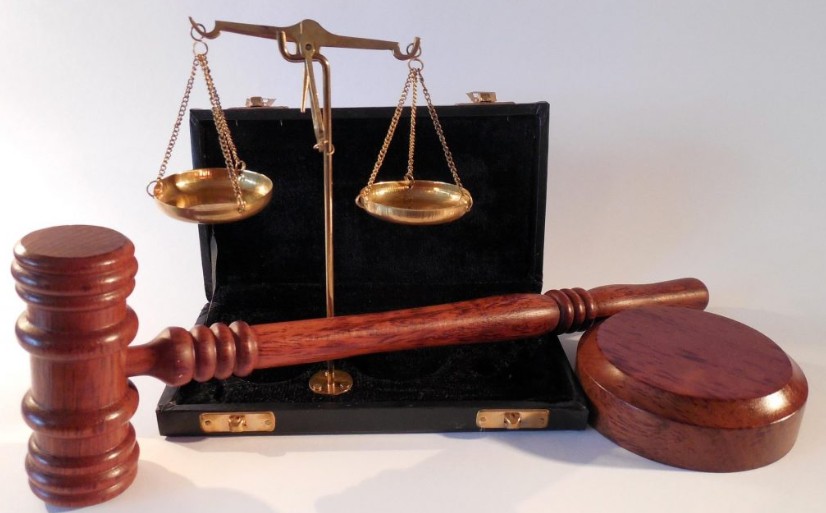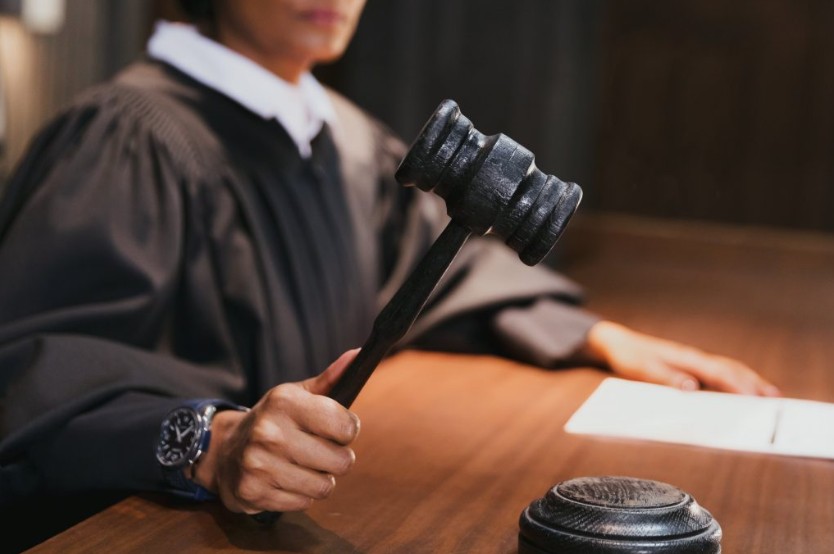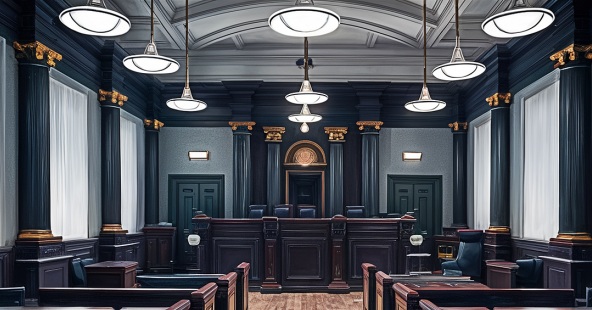Inside this Article
- What powers does the Michigan Judicial Tenure Commission have over judges?
- How are members appointed to the Michigan Judicial Tenure Commission?
- Why does the Michigan Judicial Tenure Commission matter to public trust in the courts?
Understanding the Michigan Judicial Tenure Commission
What is the role of the Michigan Judicial Tenure Commission? What power does the Commission have over judges? Here is what you need to know.

The Judicial Tenure Commission Investigates Complaints Against Michigan Judges
The Michigan Judicial Tenure Commission (JTC) investigates complaints about Michigan judges and can impose sanctions when appropriate. It helps ensure fairness and integrity in the state’s court system. When a judge behaves unethically or becomes unfit to serve, the Commission steps in to investigate and, when necessary, recommends discipline. Its work strengthens public trust in the legal system and holds judges to the high standards expected of them.
Just because the JTC files a formal complaint against a Michigan judge, it does not mean the judge did something wrong or violated an ethical rule. The JTC makes an allegation, and the judge is entitled to a hearing to determine the veracity of the allegations. If the allegations are false, the charges are dismissed.
How and Why Michigan Created the Commission
Michigan voters approved the creation of the Judicial Tenure Commission in 1968 through a constitutional amendment. The amendment added Article 6, Section 30 to the Michigan Constitution of 1963. State leaders and legal professionals saw the need for an independent agency, separate from the courts and political branches, to investigate and address concerns about judges’ conduct and capacity.
Before the JTC existed, there was no clear, impartial system for reviewing allegations of judicial misconduct. The amendment gave the Commission the power to investigate, hold hearings, and recommend disciplinary action when a judge crosses the line. The JTS operates similarly to the Attorney Discipline Board.

What the Commission Does
The Judicial Tenure Commission does not act as an appellate court that reviews or reverses legal decisions. It focuses on misconduct or incapacity, not legal mistakes or unpopular rulings.
The JTC:
- Investigates allegations of judicial misconduct or unfitness
- Receives complaints from the public, attorneys, litigants, and court employees
- Reviews evidence and conducts hearings when necessary
- Recommends disciplinary action to the Michigan Supreme Court
By doing this work, the Commission protects the public and helps make sure judges remain honest, ethical, and capable.
What Powers the JTC Has
The Michigan Constitution and Michigan Court Rules give the Judicial Tenure Commission clear authority.
The Commission can:
- Receive and investigate complaints against judges
- Conduct confidential preliminary investigations
- Hold formal hearings, similar to trials
- Recommend discipline to the Michigan Supreme Court
Only the Michigan Supreme Court can impose final discipline. The Court can issue a private warning, a public censure, a suspension, or remove a judge from office entirely. In extreme cases, it can bar a judge from ever serving again.

Who Serves on the Commission
Nine people serve on the Michigan Judicial Tenure Commission. The members come from different backgrounds to ensure a fair and balanced process.
The Commission includes:
- Three Michigan judges from different levels of court
- Three licensed Michigan attorneys
- Three members of the public who are not lawyers or judges
This structure helps ensure that the process reflects both legal knowledge and public expectations.

How Members Are Appointed
Different authorities appoint members to the Commission:
- The Michigan Supreme Court appoints the judges
- The State Bar of Michigan appoints the lawyers
- The Governor appoints the public members
Each member serves a three-year term. The terms are staggered so that the Commission maintains stability and continuity. Members may be reappointed, but the system encourages fresh perspectives. Members must avoid conflicts of interest and receive training to handle matters fairly and confidentially.
Why the JTC Matters
The Michigan Judicial Tenure Commission provides an essential check on judicial power. Judges have a great deal of influence over people’s lives, and the public must know that someone is watching to ensure that influence is used appropriately.
The JTC helps ensure that judges follow the law, respect the ethical rules of their position, and remain physically and mentally fit to serve. By including judges, attorneys, and members of the public in the process, the Commission reinforces the principle that no one, not even a judge, is above the law.

Facing Charges Before an Unfair or Biased Judge?
If you feel the judge assigned to your felony or misdemeanor case is mistreating you or showing signs of bias, and your current lawyer isn’t doing enough to protect you, know that your situation is not hopeless. At LEWIS & DICKSTEIN, P.L.L.C., we never back down when a judge or prosecutor fails to act with professionalism, fairness, or respect for the rights of the accused. If you’ve lost confidence in your current representation, contact us for a free consultation. We can help you explore your options and determine whether a change of counsel is in your best interest.
Call us today at (248) 263-6800 for a free consultation or complete an online Request for Assistance Form. We will contact you promptly and find a way to help you.












